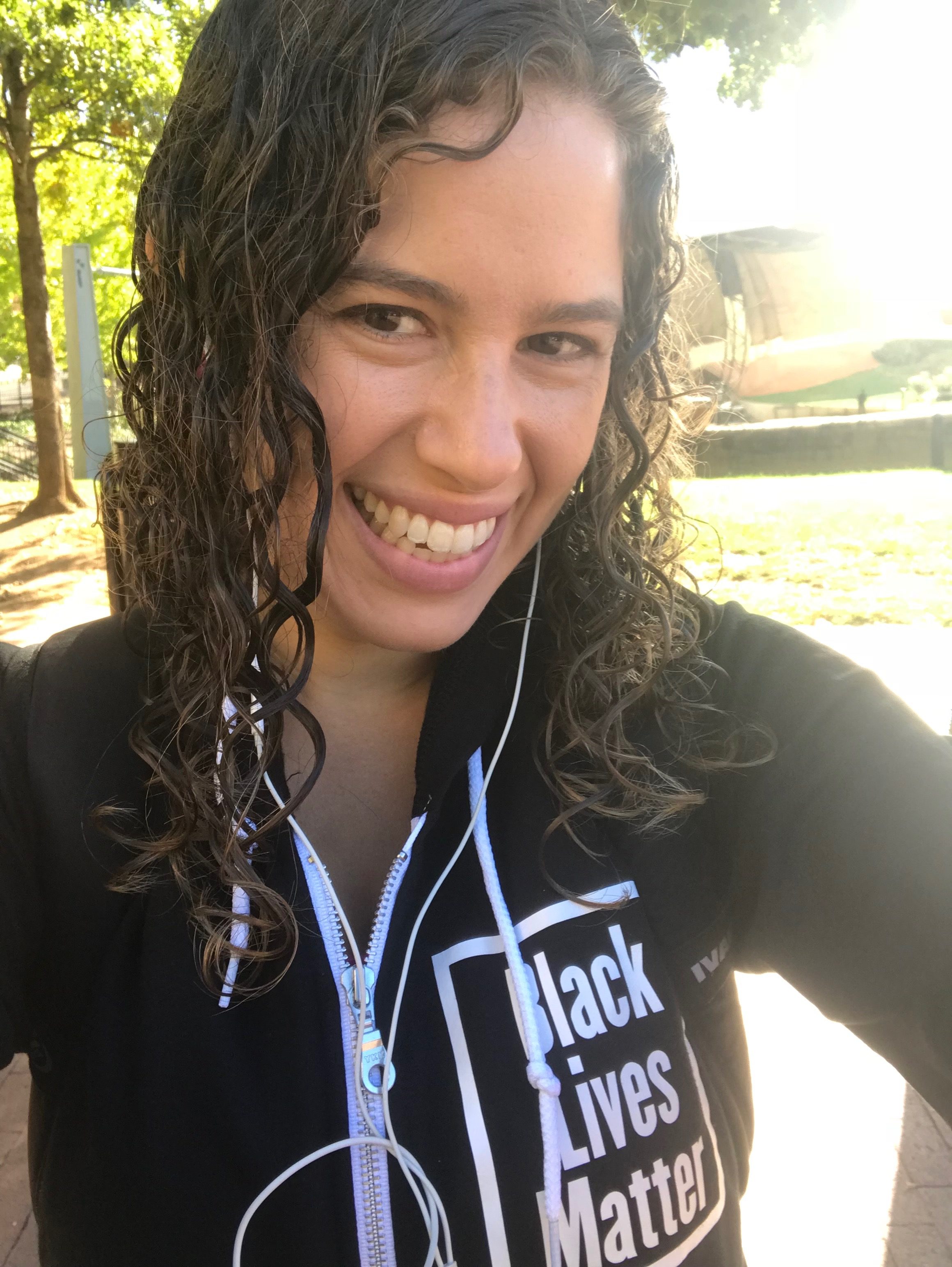Chloe’s blog post on Feministing last July put into perspective some of my recent thoughts regarding weddings and wedding-planning—and even marriage itself. It’s good to know that so many other self-identified feminists chose marriage and pursued wedding planning, and it’s good to hear them write about the ups and downs of it. In this post, I will mostly share passages of what moved me from Chloe’s piece and from the comments section. Perhaps in the weeks and months to come I will write more posts on this topic…
Here’s the conflict: As a young feminist, I learned about the history of the heterosexist institution of marriage, about the patriarchal systems that rests on this institution. Chloe writes:
And try as I might, I can’t help thinking of marriage as something that traps women, something that, despite my best efforts, will take away some of my freedoms. Perhaps it’s my personal fear of morphing into a woman I don’t want to be, a woman who doesn’t have the time or energy to prioritize the things that matter most to her, but like some fellow young feminists, I worry about how hypothetical marriage might change me.
Chloe is describing her experience at her cousin’s wedding. She knows her cousin is a feminist who, like Chloe, understands the feminist critiques of marriage and wedding rituals. With that social and self-awareness, what devout feminist would decide to get married? Well, Chloe’s cousin did:
Here they were on a warm July evening, under the chuppah, getting married all the same. Here they were, making this choice together, bringing two families together not for the traditional purposes of sharing wealth and power, but to add new members to each family – a daughter-in-law whom the best man called his “new big sister” and a son-in-law who had already lived for a year under his in-laws’ roof, just like a son.
Marriage can be about something else, something besides a father “giving away” a daughter and a man “gaining ownership” over a woman. Marriage is, when coordinated in a certain way and orchestrated by certain cares and values, about intentional family. Brianna comments:
Marriage needs to be opened up . . . marriage is a way of telling the world, this is my family. This man, or woman, or people, they are my family, even though I’m not their biological relation nor are we connected by adoption . . . and I have only their best interests at heart. And you, my family, should respect that and treat him as your kin too.
Here is the dream I had since my partner and I first started discussing the possibility of a wedding:
One of the nice things about being a feminist is taking shitty institutions that have traditionally given women a raw deal and making them progressive, personalized, and fun.
However, one bride takes on this opportunity to reinvent, and make the wedding personalized in her own feminist way, by not caring “what others think”:
As the “fiance,” I’ve come to discover that, while this role is circumscribed by icky stereotypes, this actually makes me feel more free. The fact that women in these roles are damned if you do, damned if you don’t anyway means that you can do anything you want . . . because we are trying our darndest not to care what others think, it’s much easier.
Part of my challenge in planning my own wedding is that I do care what others think. I profoundly care what my partner thinks, and I care what my partner’s parents think, and I care what my parents think. I even care about what my friends think. I especially care about what my brother thinks. I want people to enjoy our wedding, and also to feel comfortable. At the same time, I want us to be able to express ourselves. But our wedding will not be an expression of only our own values. Since we want our wedding to be about family, our families (and friends-who-are-family) are critical parts of the process of planning and creating this celebration. So it’s not just mine, or mine-and-my partner’s. In an ironic twist, the very value that Chloe identifies as redeeming the wedding as a process to be reclaimed by feminists—family—also means that our wedding will be a little less explicitly “feminist” in favor of incorporating our family in key ways. I know more than anything that it will be a wedding of feminists—but what would qualify it as a “feminist wedding”?

ZT says:
Mimi, I really appreciate your sensitivity to your family and articulating that a wedding is not just about the needs and wants of the couple (or I suppose multiple partners in non-paired relationships). At the same time as it is not just about you, it offers a great oppurtunity for family and old friends to learn about who you are at this moment on your path. Many know the kid-version well but are interested to know who you are now. This offers a great opening to share how you view these institutions and how you are excited to see them change. You can do that without alienating people who have more traditional views of this set of institutions. I suspect being open and honest in that way will create an experience which is a great deal more authentic than most.
Wholly Foolish says:
Nice touch at the end, about how your values around family lead you to scale back your radical re-visioning. It's a very mature thought.
I think a feminist wedding is one between equals that treats them as equals. Unique equals, of course. And planned as equals.